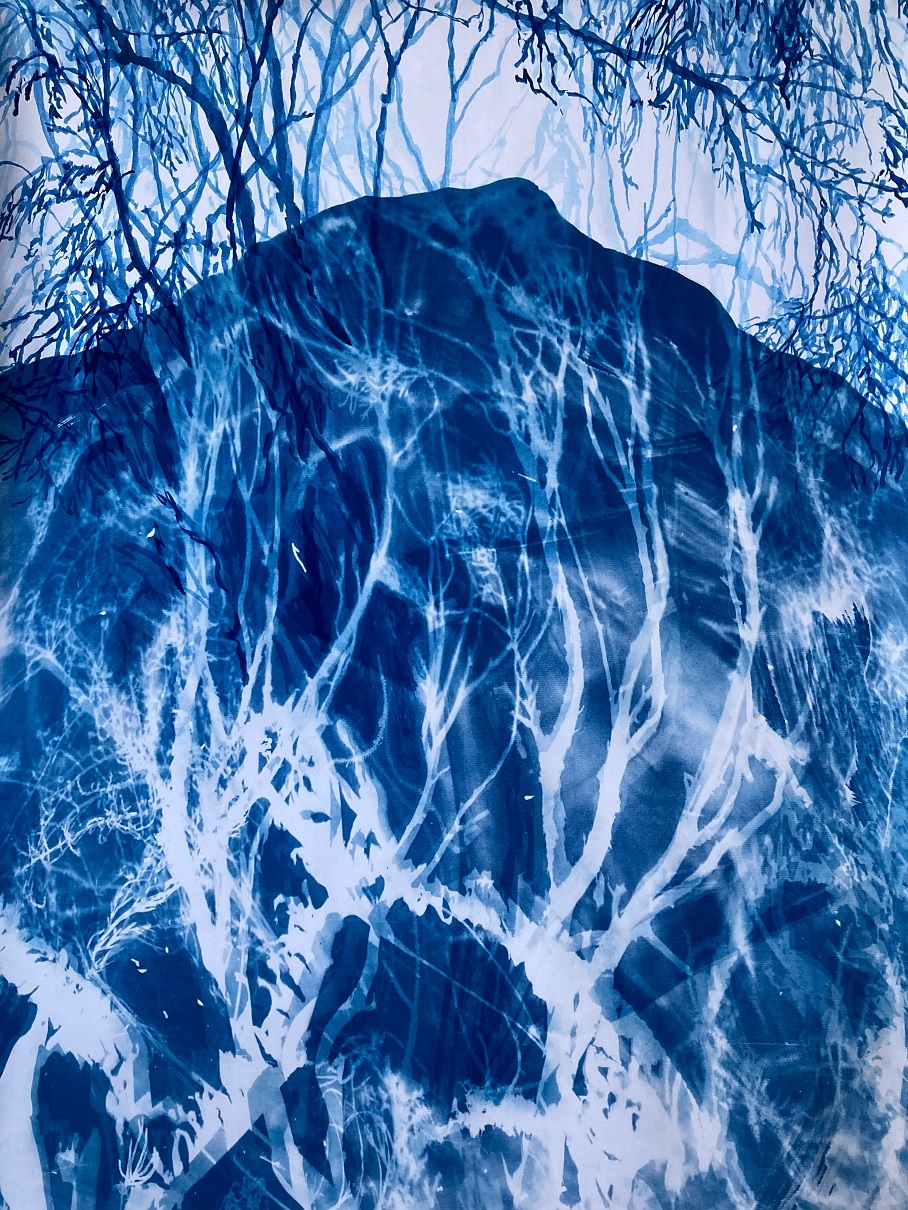
Covering an extraordinary range of topics, from memories of the moa to the lives of bees, the project culminates in the "Memory + Mind" exhibition, which runs from July 8-20 at Dunedin Community Gallery, Princes St.
Curated by Pam McKinlay and Katharine Allard, the exhibition features collaborative works by artists and scientists, looking at how memory is understood in different frameworks.
The art works in Memory+Mind explore how changes in state have left their mark across the physiological, biochemical, and geological fabric of the planet.
They also explore what it is to live in a world in which being human is not the most important thing.
McKinlay said the idea for the Memory+Mind project came about through speaking to many scientists and gaining an understanding of how their work related to memory, in humans and across the planet.
"We have some wonderfully creative scientists involved, looking at an extraordinary range of subjects," she said.
Among them was the examination of a set of 3.6 million year-old moa footprints found in the Kyeburn River, magnetic memory of the earth’s geological past, volcanic rocks as time capsules, plant stress due to climate change, the genetics of trees, indigenous memory and climate change, human "episodic memory", ta moko, whale strandings, the memory of NZ native bees/ngaro huruhuru, mapping brains and memory, stimulating neural pathways in Alzheimer’s patients, and more.
"It really is a fascinating exhibition."
There will be a series of activities around the Memory + Mind exhibition, including a writers’ night, meet the scientists floor talks, panel discussions and more.
Details in the Nano Fest programme:
On July 18, McKinlay will launch her lavishly illustrated book Flows Like Water, which looks back over 10 years of the Art+Science project.
The publication examines the kinds of discoveries that can be made by bringing artistic and scientific methods together in equal partnership.
"It has been very satisfying to put together this book, which is a beautiful object, hand-bound here in Dunedin, looking back over the incredible work of the Art+Science Project," she said.














